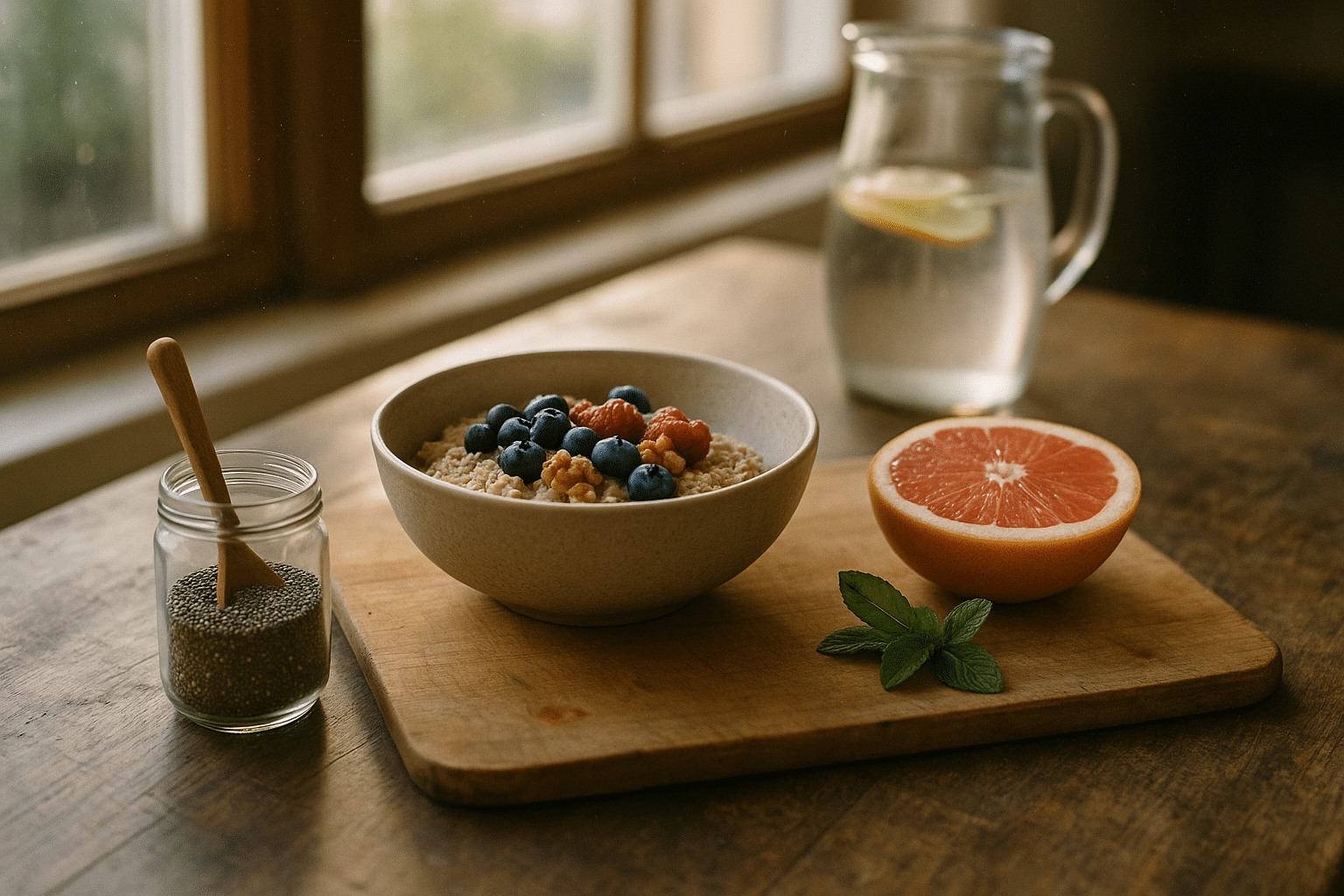
Hydration Hacks: How Athletes Stay Ahead in the Game
Athletes are always seeking an edge to enhance their performance, and hydration is a critical component often overlooked in the pursuit of excellence. Mastering hydration can be the difference between winning and losing, making it a vital aspect for any athlete.
The Importance of Hydration for Athletes
Staying hydrated is essential for athletes to maintain peak performance levels. Dehydration can lead to fatigue, decreased coordination, and even heat-related illnesses. According to the American Council on Exercise, losing just 2% of your body weight through dehydration can significantly impair physical performance.
Expert Insights
Sports nutritionist Dr. Emily Roberts highlights, “Athletes need to understand that hydration is not just about drinking water. Electrolytes play a crucial role in maintaining fluid balance and preventing cramps.” This insight underscores the complexity of hydration strategies beyond mere water consumption.
Hydration Strategies
- Pre-Game Hydration: Begin hydrating the day before an event. Aim for 16-20 ounces of water two hours before exercise.
- During Exercise: Drink 7-10 ounces of water every 10-20 minutes during activity.
- Post-Game Recovery: Rehydrate with water and electrolytes to replace sweat losses.
Personal Anecdotes
Consider the story of James, a marathon runner who struggled with cramping early in his career. By incorporating electrolyte-rich drinks into his routine, he noticed a marked improvement in his endurance and recovery, highlighting the significance of tailored hydration strategies.
Research Findings
A study published in the Journal of Athletic Training found that athletes who maintained proper hydration had a 15% better performance rate compared to those who were dehydrated. This statistic emphasizes the impact of hydration on athletic success.
Actionable Tips
- Monitor urine color as an indicator of hydration status; pale yellow is ideal.
- Use apps to track water intake and set reminders.
- Incorporate foods with high water content, such as fruits and vegetables, into your diet.
Hydration Comparison Table
| Hydration Method | Benefits | Drawbacks |
|---|---|---|
| Water | Basic hydration | Lacks electrolytes |
| Sports Drinks | Replenishes electrolytes | High in sugar |
| Coconut Water | Natural electrolytes | May not be sufficient for intense exercise |
| Electrolyte Tablets | Customizable dosage | Requires water |
| Homemade Solutions | Cost-effective | May not be scientifically balanced |
| Infused Water | Enhanced flavor | Minimal electrolytes |
| Hydration Packs | Hands-free drinking | Bulky |
| IV Drips | Rapid rehydration | Invasive |
Frequently Asked Questions
How much water should an athlete drink daily?
Aim for half your body weight in ounces, but adjust for activity level and climate.
Are sports drinks better than water?
For intense or extended exercise, sports drinks can help replenish electrolytes, but water is generally sufficient for shorter activities.
Conclusion
In conclusion, effective hydration is a cornerstone of athletic success, affecting everything from energy levels to recovery times. By understanding the nuances of hydration and incorporating a personalized strategy, athletes can significantly enhance their performance and stay ahead in the game. Start by assessing your current hydration habits and make incremental changes to ensure you’re fueling your body optimally.


